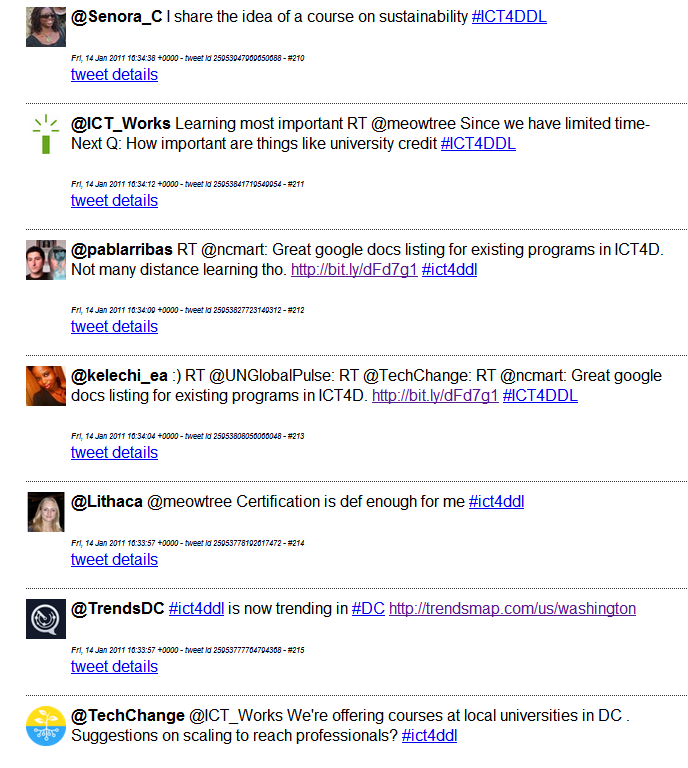<div id =”blargh” width=”200” height=”… >
Whether you think of HTML as a familiar friend or a terrifying alien monster, we can all agree that sometimes code just takes too much time. In an attempt to help a friend build her web presence, and my own while I was at it, I worked my way through the abundance of e-Portfolio options. The benefits of using an e-Portfolio as a personal page are that 1. You can create a portfolio specific to your profession and interests, from academe to graphic design, 2. You don’t have to know how to write html, and 3. You can link all of your social networking and personal sites in one place. The below options are far from exhaustive and there are many notable examples left of this list. (more…)

